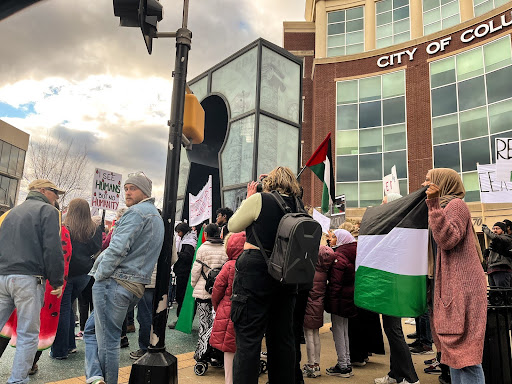
On Oct. 7, Hamas launched a surprise attack on Israel killing 1,200 civilians, injuring 5,400 Israelis and capturing 200 people. In Israel, 250,000 people have been displaced.
Israel retaliated by attacking Gaza. In Gaza, over 22,835 Palestinians have died in the time since the initial attack with over 58,416 Palestinians being injured. Roughly 65,000 residential units have been destroyed in Gaza with over 1.9 million displaced Palestinians with nowhere to go.
While this conflict is happening 6,500 miles away, it is affecting people in the Columbia community as well.
Hickman junior Hanan Alshafari has family that lives in the Middle East.
“My entire extended family lives in Yemen…My parents moved to America in the early 1990s. They finished high school here, went to college, got married, and that’s why my brothers and I were all born in America,” Hanan explained.
Hanan finds people’s “lack of empathy for innocent lives” disturbing.
“Sympathy doesn’t mean you’re just on one side. I think it’s important to know that you’re accounting for everyone,” Hanan said.
Being empathetic towards victims of this war is something that comes easily to Hanan because of her experience with war.
“In 2014, my family went to Yemen…and the war began while we were there. So we were lucky enough to escape, but it lasted for about [nine] years,” Hanan said.
Hanan thinks this experience helps her be more empathetic in this current war.
Sympathy doesn’t mean you’re just on one side. I think it’s important to know that you’re accounting for everyone.
— Hanan Alshafari (11)
“I think that having experienced living through knowing that my family couldn’t live to the next day, or having lived through finding out about all these people I know who have died. It just really allows me to zoom out and take everyone’s perspective.”
Hanan finds it difficult to manage “the balance between having to live a life here, but also fearing [for] my family’s life overseas.”
Hickman junior Emma Hawley shares this difficulty due to her connections to Israel.
“I have family in Israel. I have friends in Israel…You see more grief within the community when you have family and friends,” Emma said.
Emma also fears for the people she met through Jewish summer camp.
“It’s hard. It’s worrying…half of the counselors are Israeli so a lot of my summer camp counselors are currently fighting,” Emma said.
Emma talked about how this conflict has affected the Jewish community in Columbia.
“It hurts to see my friends, my community members, hurt and worry, and then feel like they can’t do anything,” Emma explained.
Emma also talked about the guilt that comes with this conflict.
“[The Jewish community] can’t help or they can’t even voice their hurt or concern or worry because that will be taken as for Israel or, you know, cheering for the wrong side or against the Muslim community and it’s really just hurting,” Emma said.
Emma went on to talk about the fear that comes from being a part of a community involved in such a large conflict.
It hurts to see my friends, my community members, hurt and worry, and then feel like they can’t do anything.
— Emma Hawley (11)
“Antisemites kind of have this ability to be antisemitic. [But] right now, it’s just more accepted,” Emma explained.
Emma talked about the precautions her community is taking amidst the fallout from the war.
“Every time we have any big gathering, we have police at the synagogue to make sure it’s protected, and especially since the war, there’s been more police every time there’s big gatherings,” Emma said. “It does just bring this feeling of like we can’t just like celebrate the Jewish New Year without having to have guards.”
Mizzou student Benjamin Laizerovich also feels this fear. He has family that lives in Israel.
“It’s very scary. I mean, especially in the beginning, when people were first getting called up to fight and all that, we didn’t know who was gonna get a call,” Benjamin said.
Benjamin also fears the rise in antisemitism on Mizzou’s campus. Mizzou’s chapter of Alpha Epsilon Pi (AEPi), a Jewish fraternity house that aims to develop future leaders of Jewish communities, has been on the receiving end of rising antisemitism.
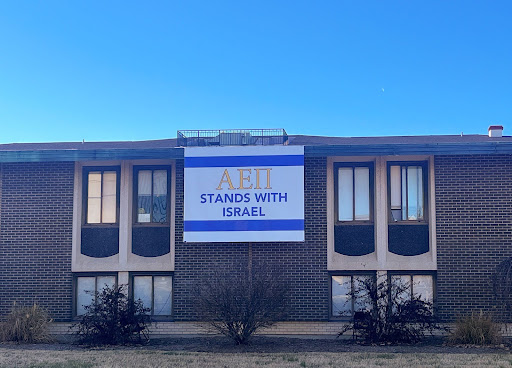
“AEPi getting called the genocide house and all that, it was insane,” Benjamin explained.
Benjamin went on to explain the fear that antisemitism brings.
“There’s fear to go out into public and stuff. There’s a fear to wear the Star of David outside,” Benjamin explained.
Benjamin talked about people struggling to understand the nuance of the situation.
“Not all Jews support the Israeli government. Like for me, I never liked the current Prime Minister Benjamin Netanyahu. I strongly dislike him,” Benjamin said. “But what’s going on now is that I feel that the other side is just assuming that all Jews and all Israelis are all against them, when it’s just not the case.”
Hickman Amnesty International recently had a meeting regarding this conflict. Amnesty sponsor and English teacher Jonathan McFarland was interviewed about the meeting.
“People find this subject really hard to talk about. People who are well intentioned find this subject hard to talk about because they’re afraid of revealing any prejudices or misinformation,” McFarland said.
McFarland elaborated that the reason for this meeting was largely to push past discomfort to talk about this important issue.
“Our whole goal was to just be able to talk about it and be able to ask questions and to be able to kind of embrace the more complex truth,” McFarland explained.
Amnesty Vice President Gus Lookingbill (12) said the meeting helped inform people on the facts of the conflict.
“The major thing we discussed was first getting a greater context of the conflict because, you know, a lot of people just kind of formulate opinions based off the stuff they see on social media,” Gus said.
Our whole goal was to just be able to talk about it and be able to ask questions and to be able to kind of embrace the more complex truth.
— Jonathan McFarland
Gus went on to say that the main thing he got out of the meeting was walking “away more informed.”
“I definitely didn’t know as much about the history of Israel and Palestine before that. The meeting was an amazing opportunity to learn about the history of both these nations and the region itself, [the] impacts [of] colonialism, the elections that put Hamas in power,” Gus explained.
McFarland said there are people in Amnesty who are a part of the Jewish and Muslim communities in Columbia.
“The most powerful part of the meeting was that, you know, these folks were very open and willing to share about the way that these events have affected people in their communities and themselves personally,” McFarland elaborated.
Gus said there was time allotted at the meeting for students to talk about opportunities for activism in the Columbia community.
“Somebody brought forth information about a protest in favor of a ceasefire and talked about that,” Gus said.
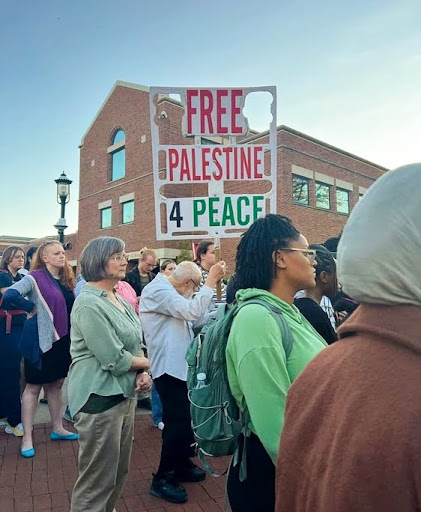
The nature of this conflict being very controversial creates difficulties for talking about it in a school setting, but for Amnesty, it wasn’t a problem.
“Amnesty was founded as a group whose purpose was to shed light on human rights violations globally…so talking about this issue is very consistent with the mandate of our group,” McFarland explained.
Currently, Amnesty is not participating in humanitarian efforts but hopes to organize aid in the future.
Hickman Senior Ali Muhammad spoke on his ideas of what Hickman is doing to raise awareness on the subject.
“I definitely think Hickman should be doing something, but I also think the other Arab and Muslim countries should definitely be trying to do something about it also,” Ali said.
Hanan thought raising awareness through things like the Amnesty meeting was a good first step in addressing this conflict in Hickman.
“Even just by going to a meeting and hearing about conflicts and other stuff, that alone is so beneficial, because if one person goes, they can tell someone about it, and just spread [the idea] across,” Hanan said.
Ali also went on to talk about some of his thoughts on what’s happening in Israel and the Gaza Strip.
“It really shouldn’t be happening, like it’s a genocide happening,” Ali said.
Hanan agreed with Ali about genocide and wanted people to reframe how they thought about the war.
“I know a lot of people try to categorize this as a religious conflict, or literally anything else other than the fact that it is white supremacy. That is the only thing that’s fueling this, because if you look at it, it’s an apartheid, it’s a genocide,” Hanan said.
It’s not really a war if one side has guns and one side has stones.
— Ali Muhammad (12)
Ali also talked about how we categorize this conflict.
“It’s not really a war if one side has guns and one side has stones,” Ali stated.
Emma wants people to understand how complicated the conflict is.
“Both sides are hurting,” she said. “Don’t be too harsh because there’s people dying and worrying everywhere, even within our Columbia community.”

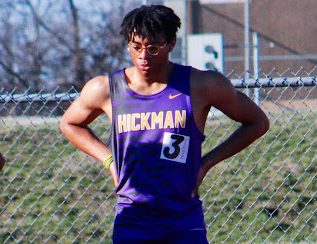

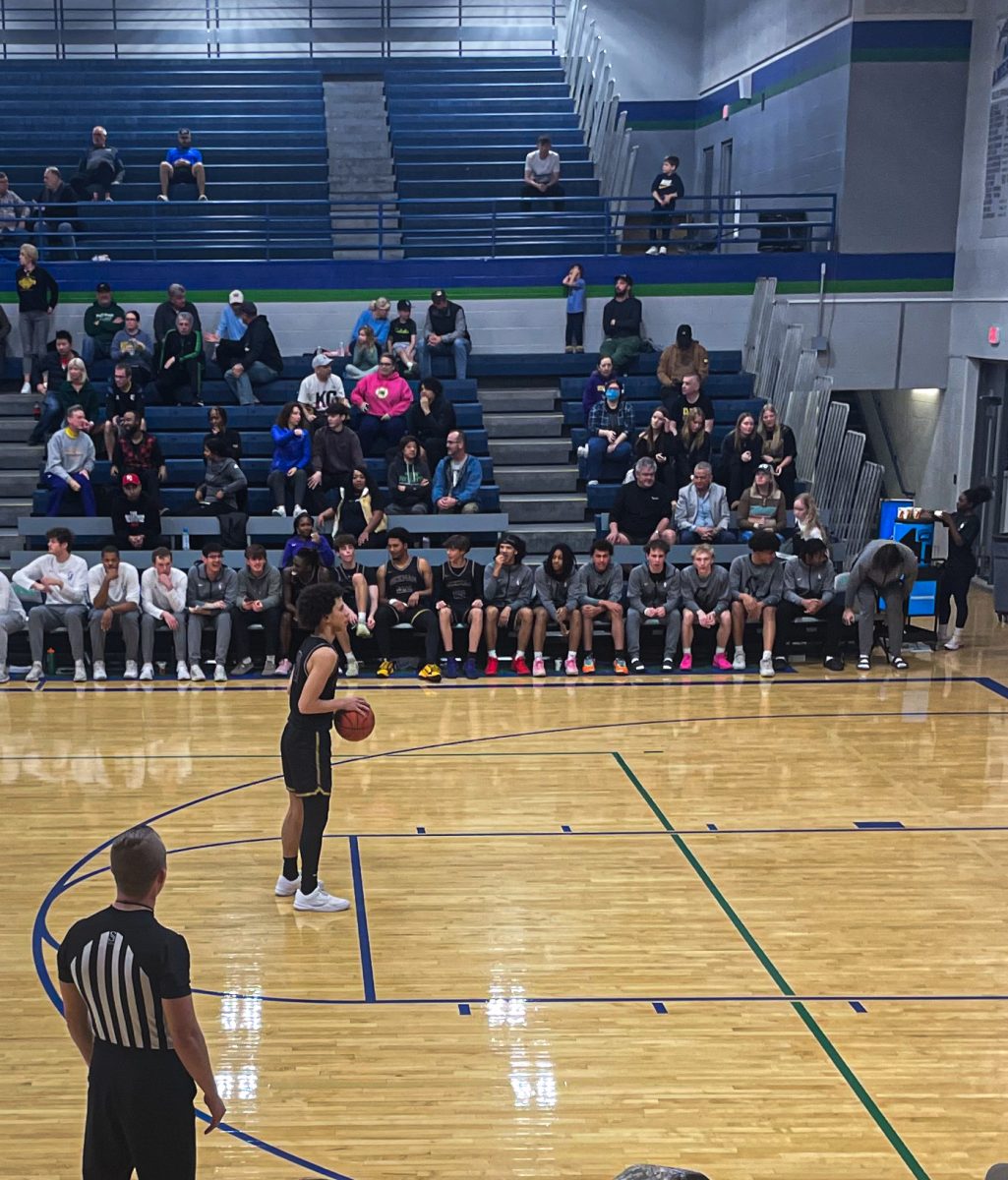
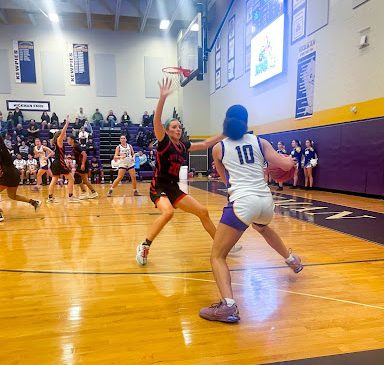
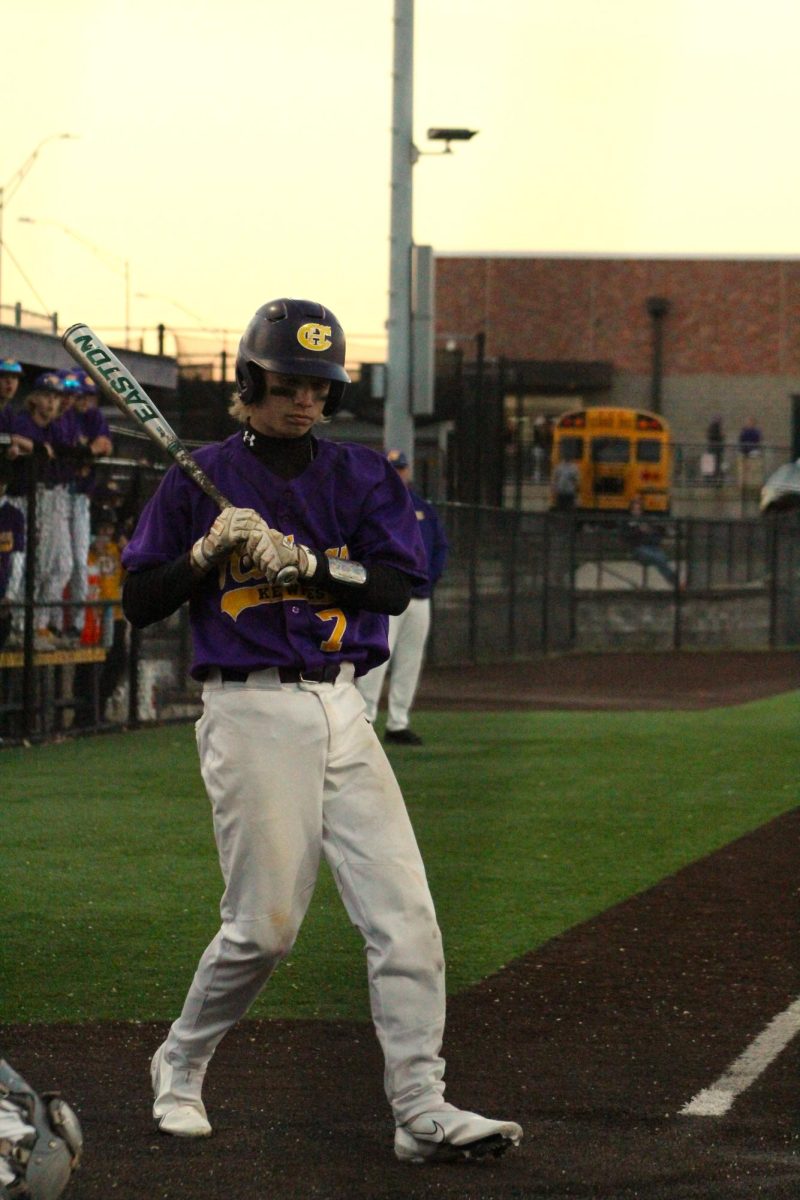
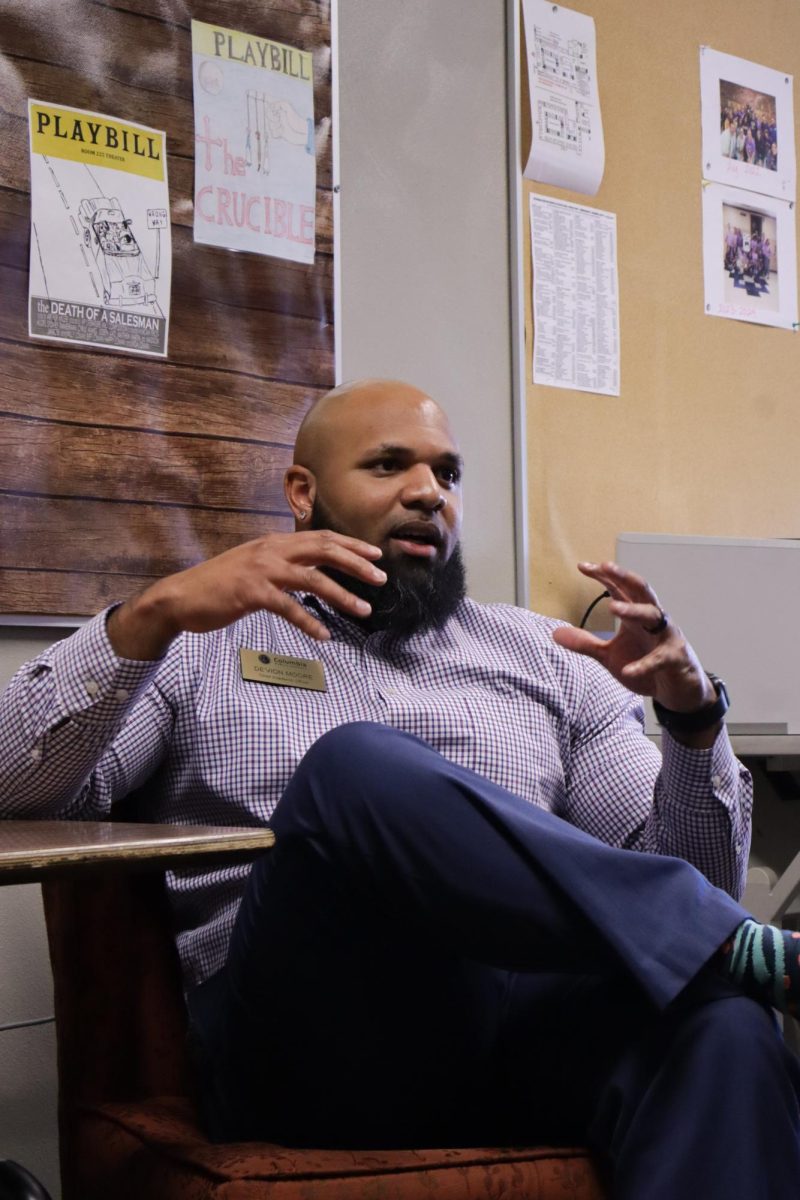
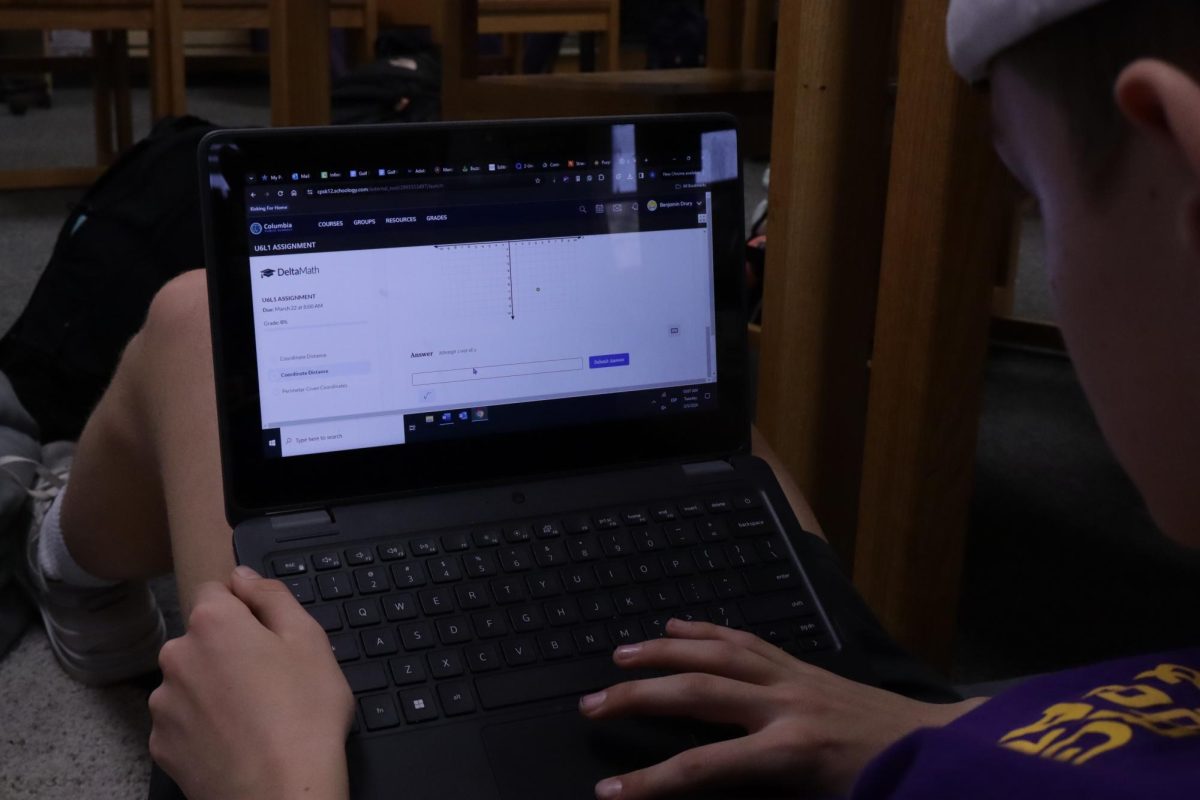
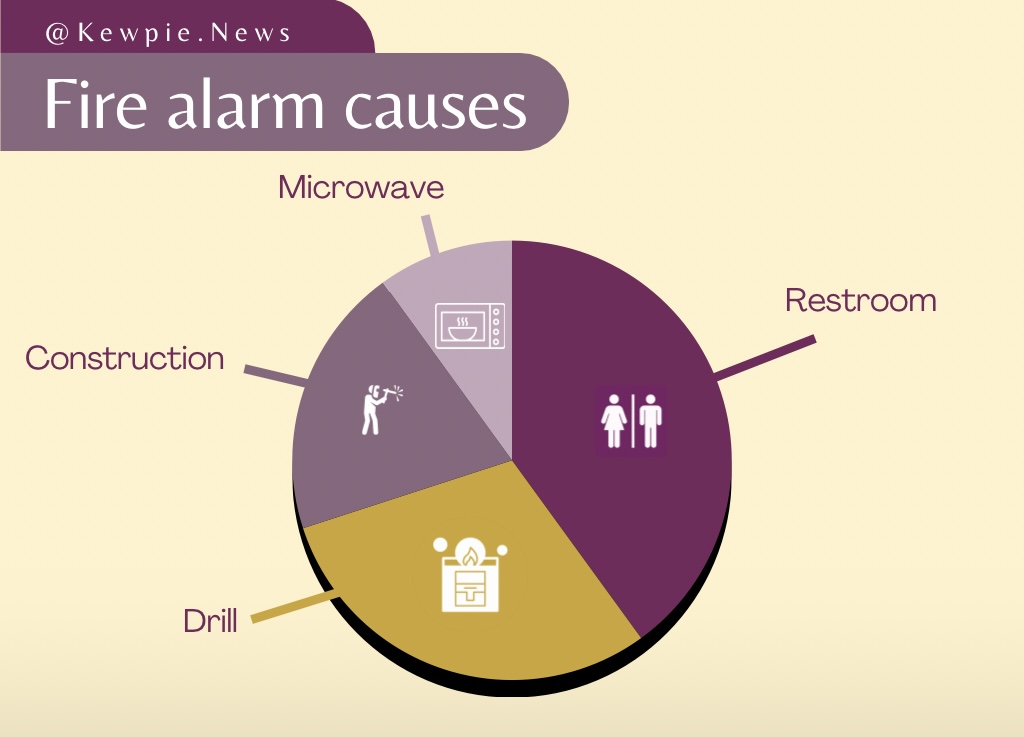
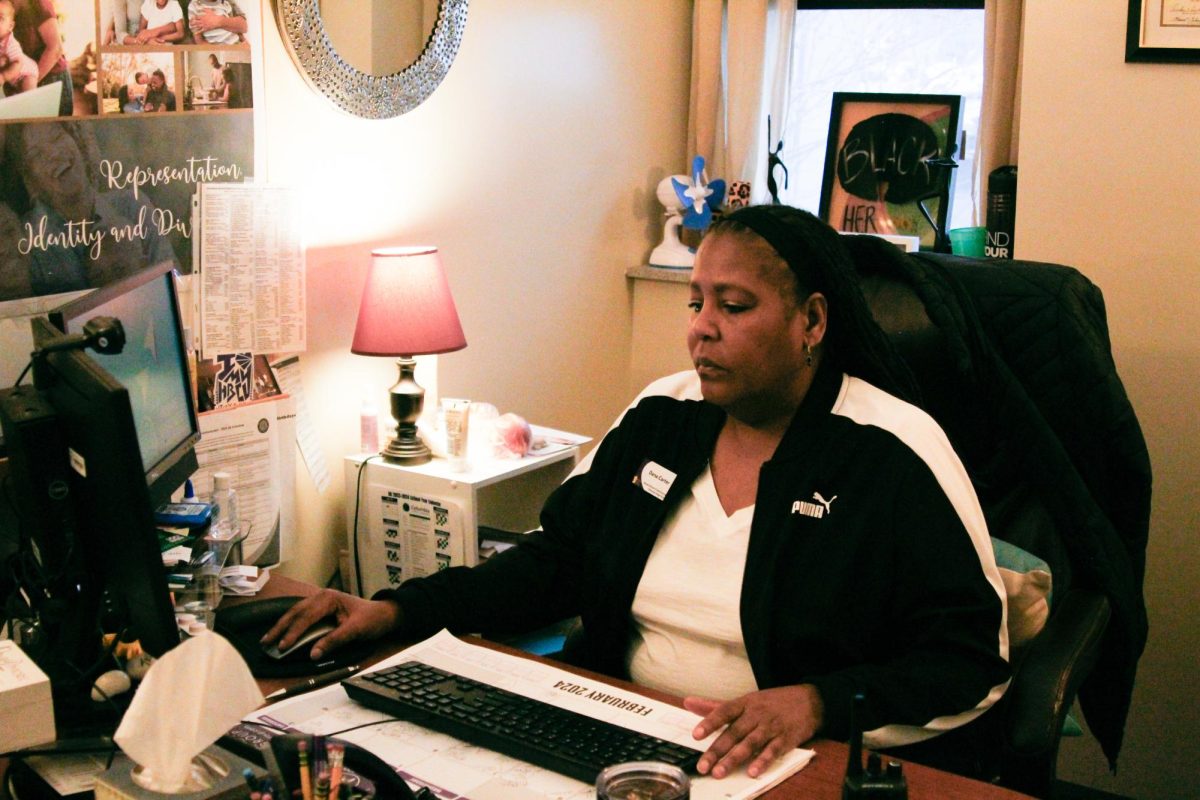
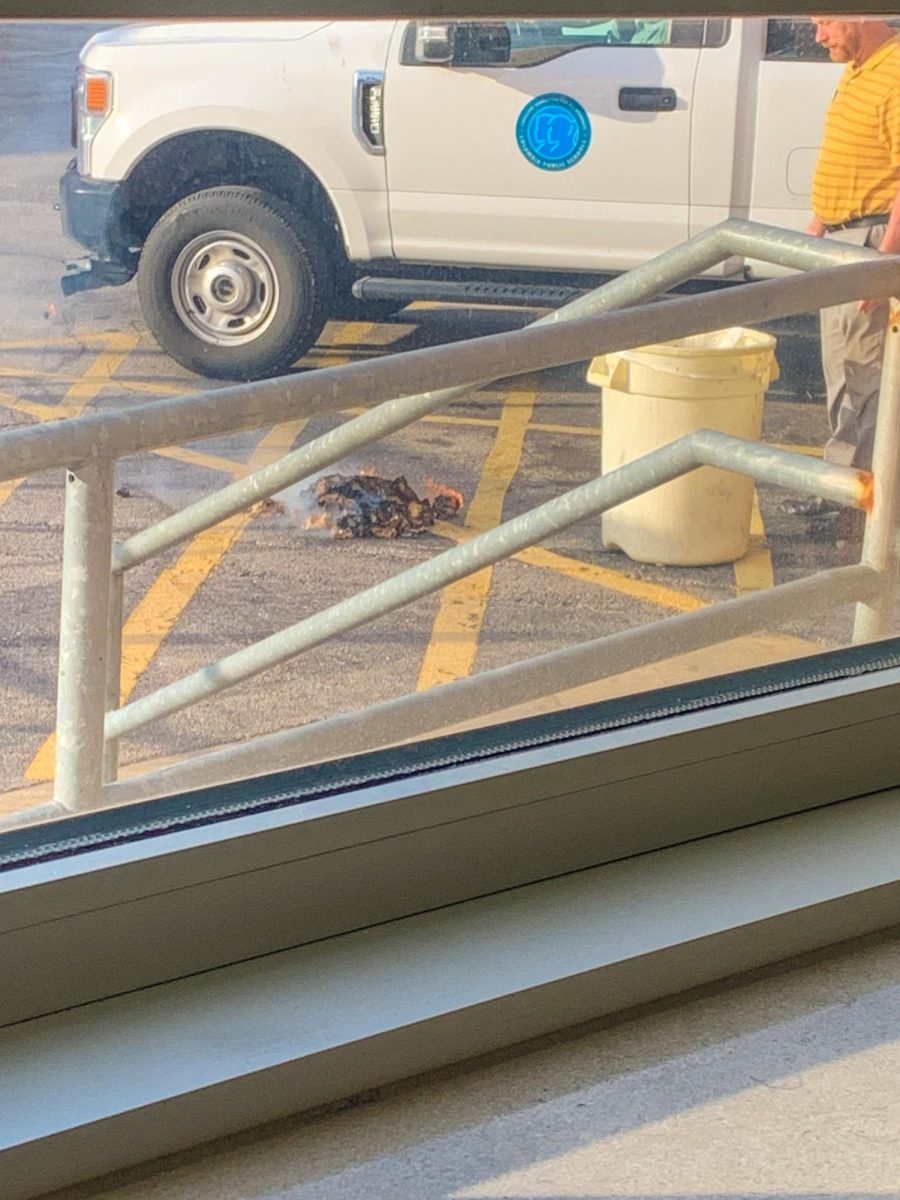
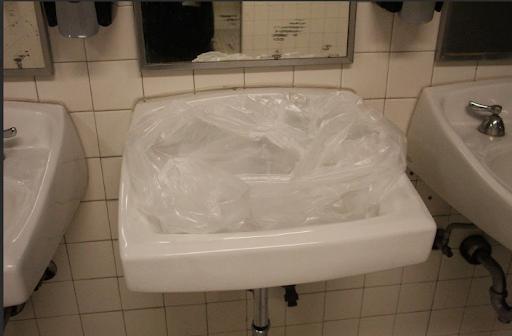


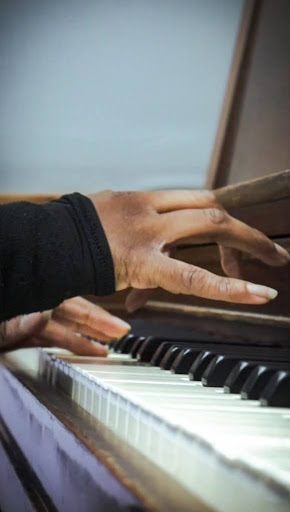
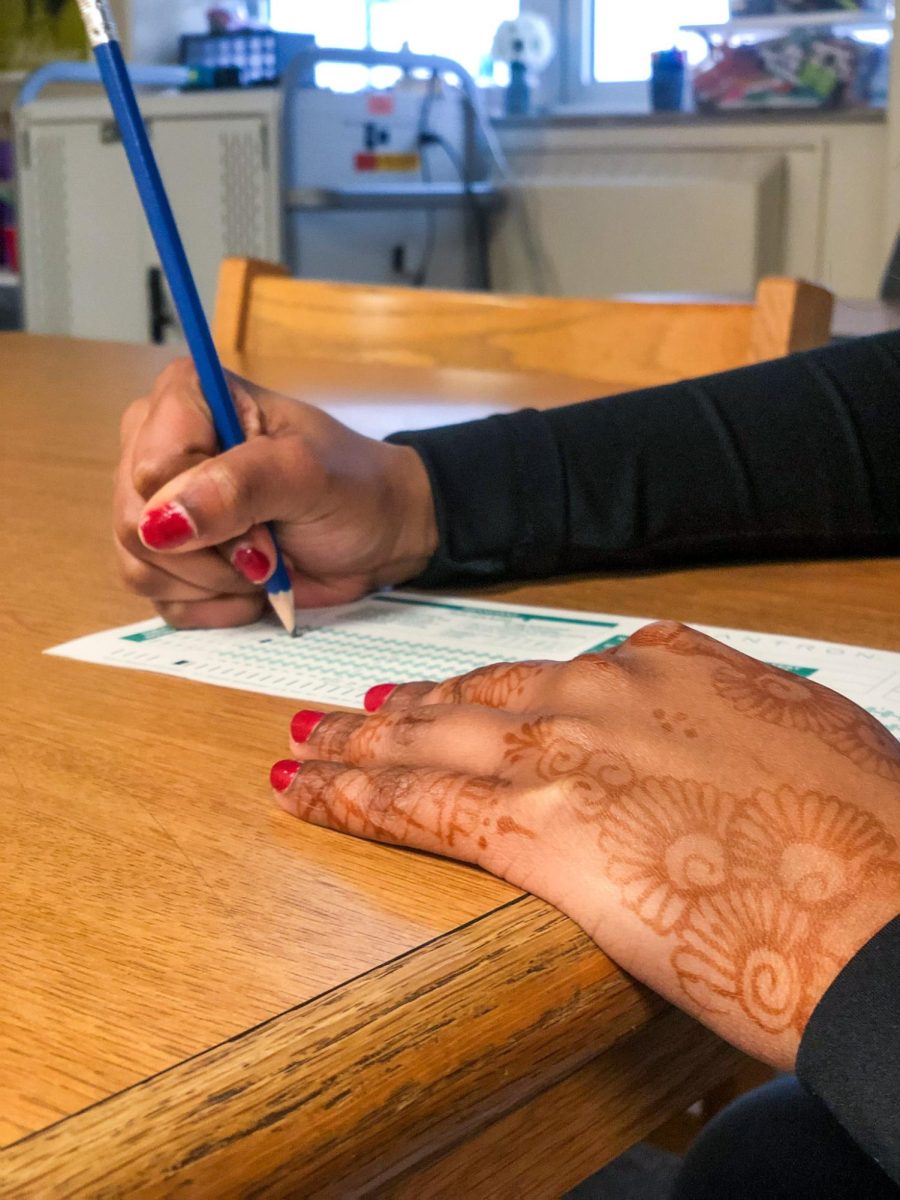
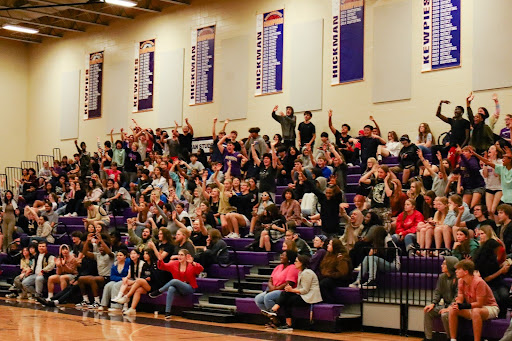
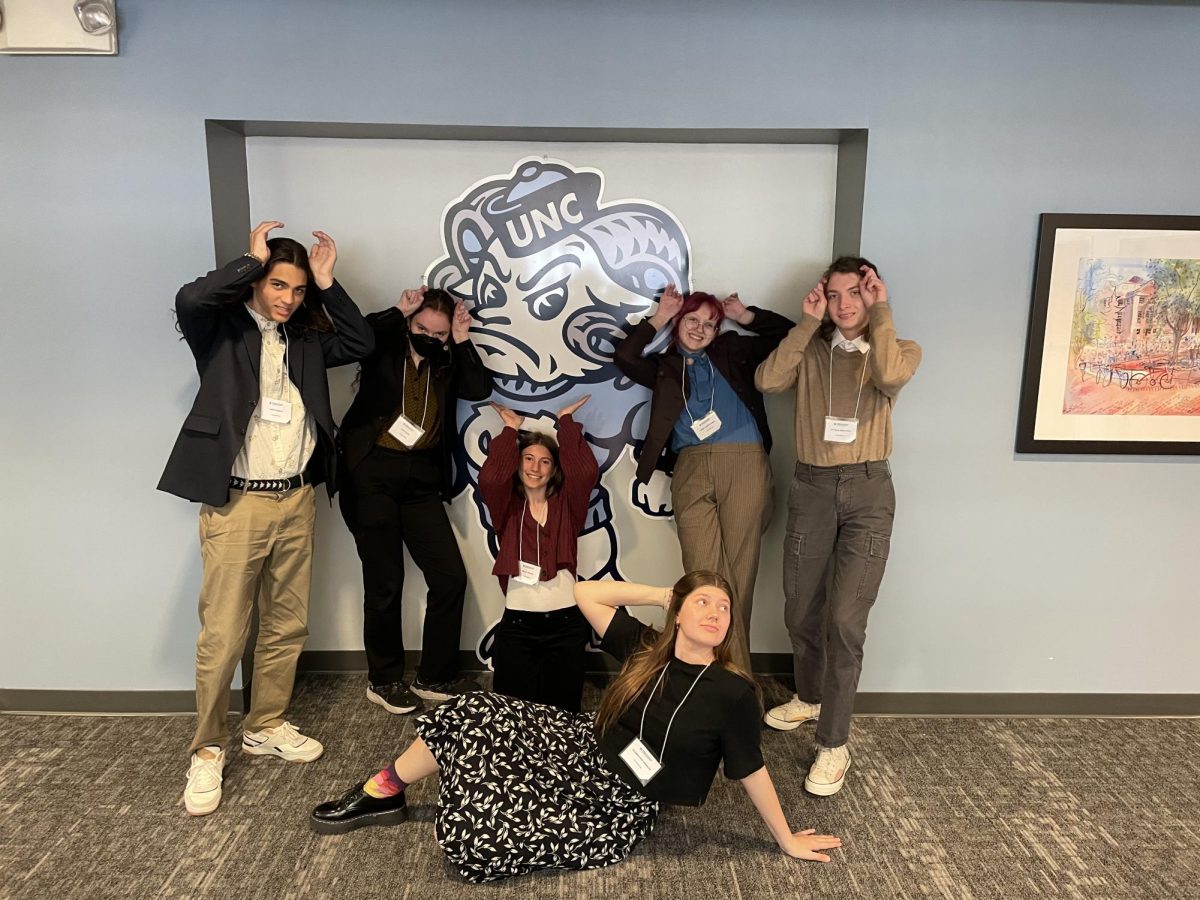

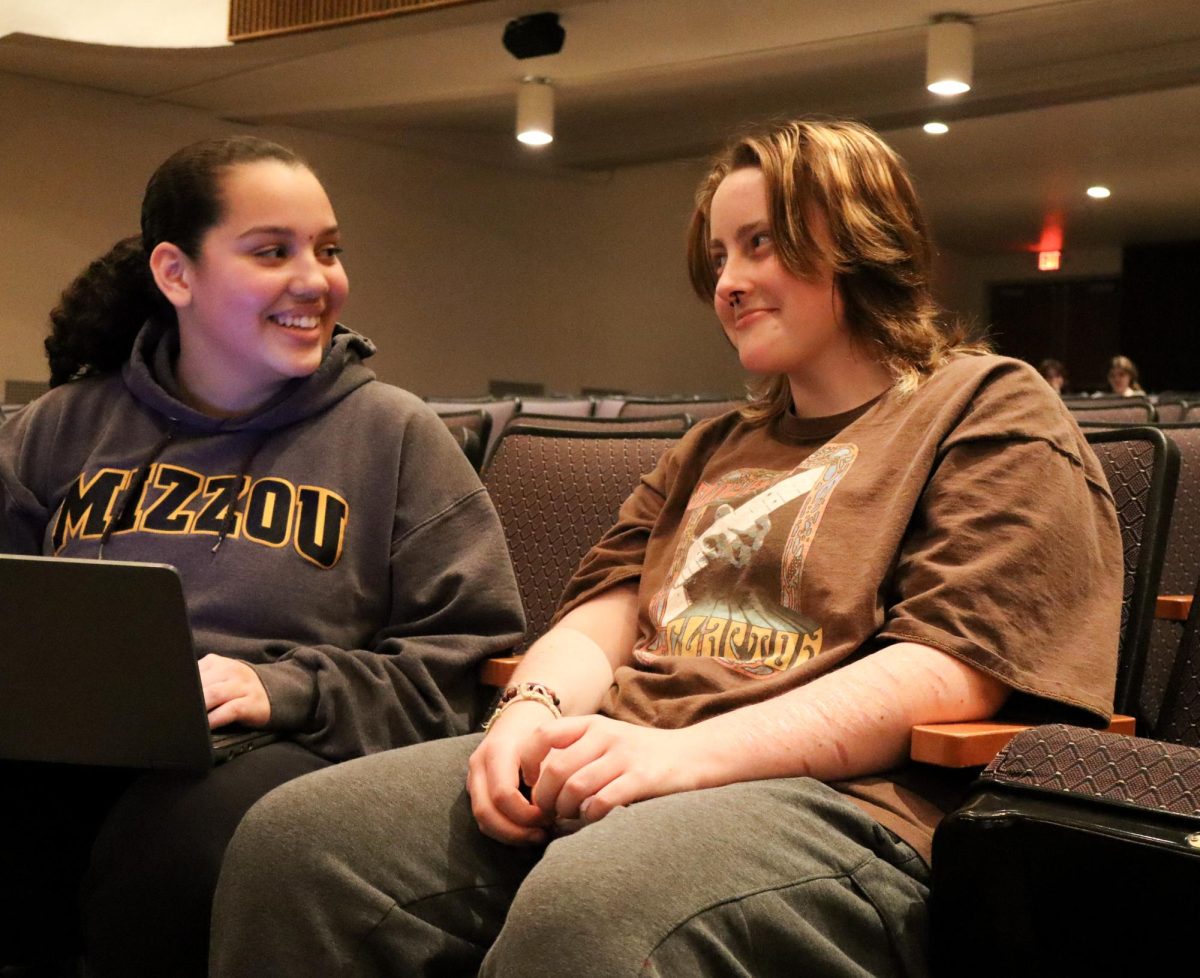
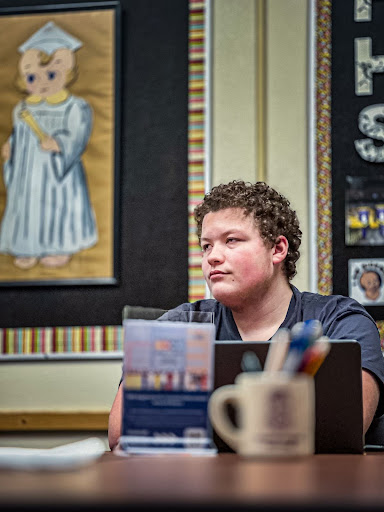
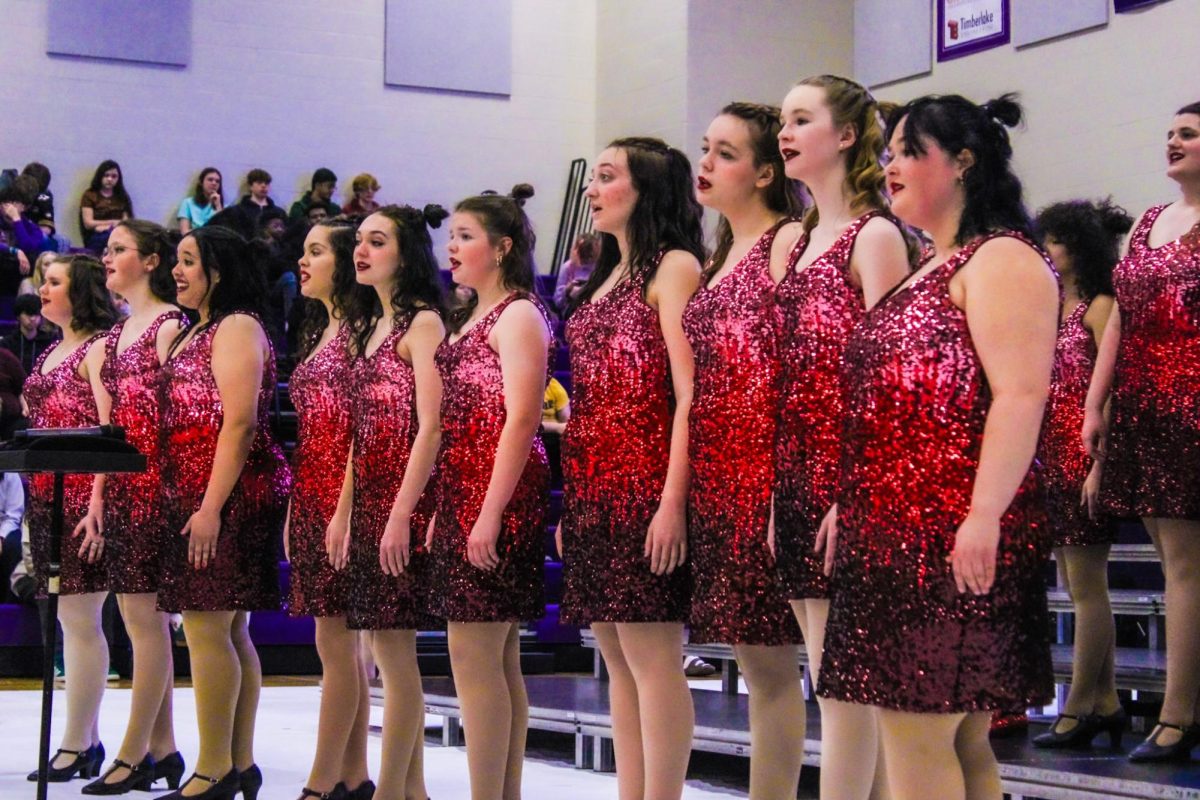

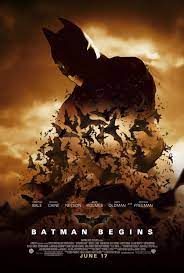



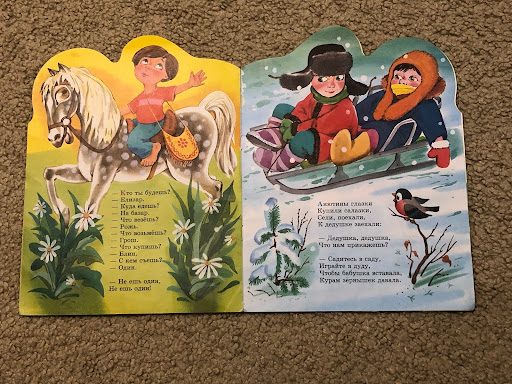
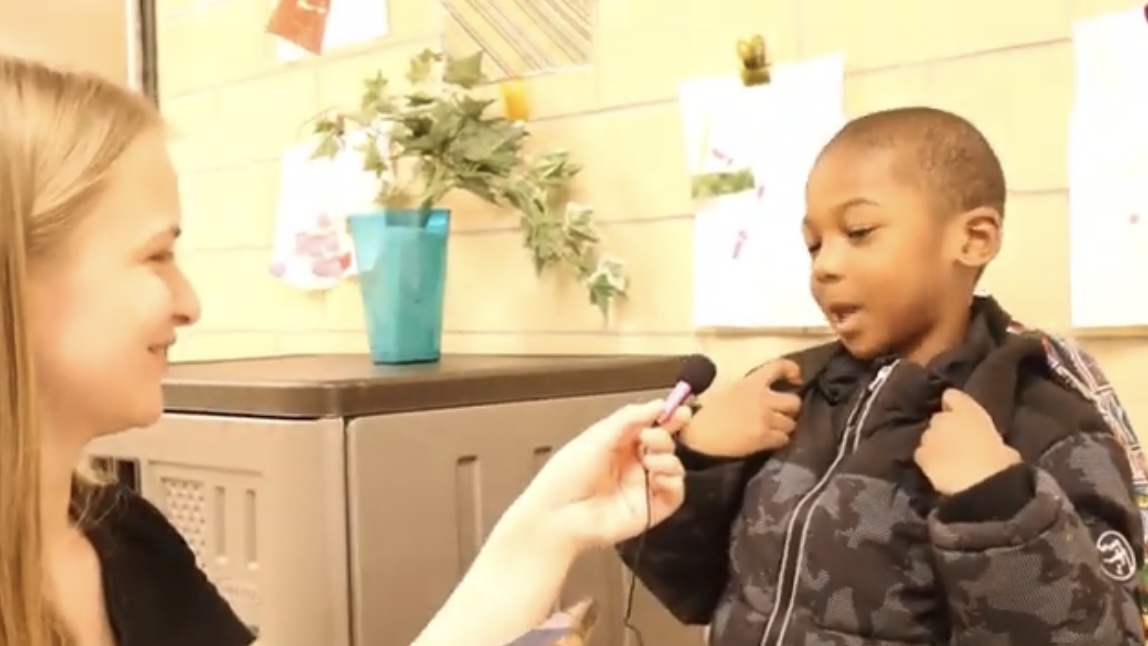
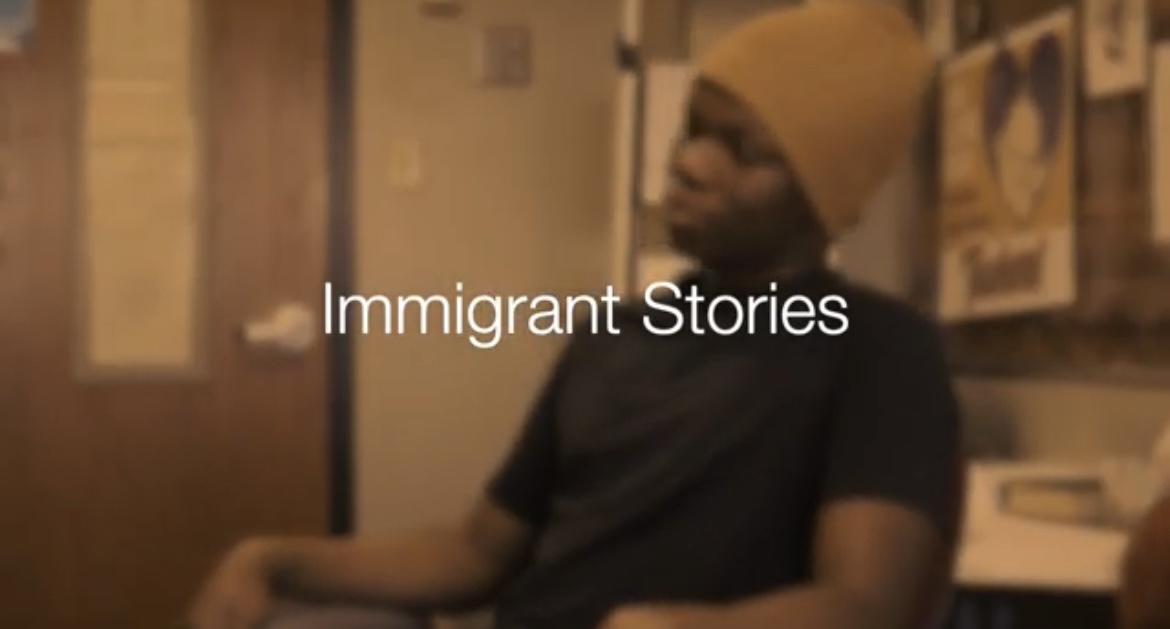
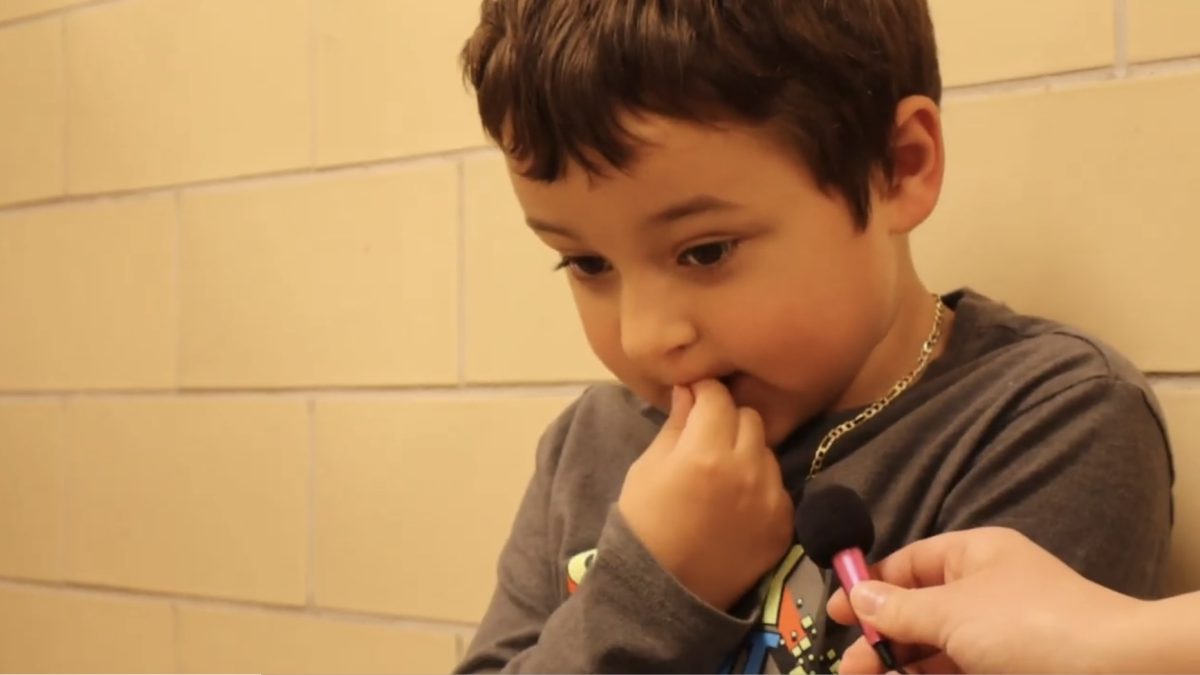
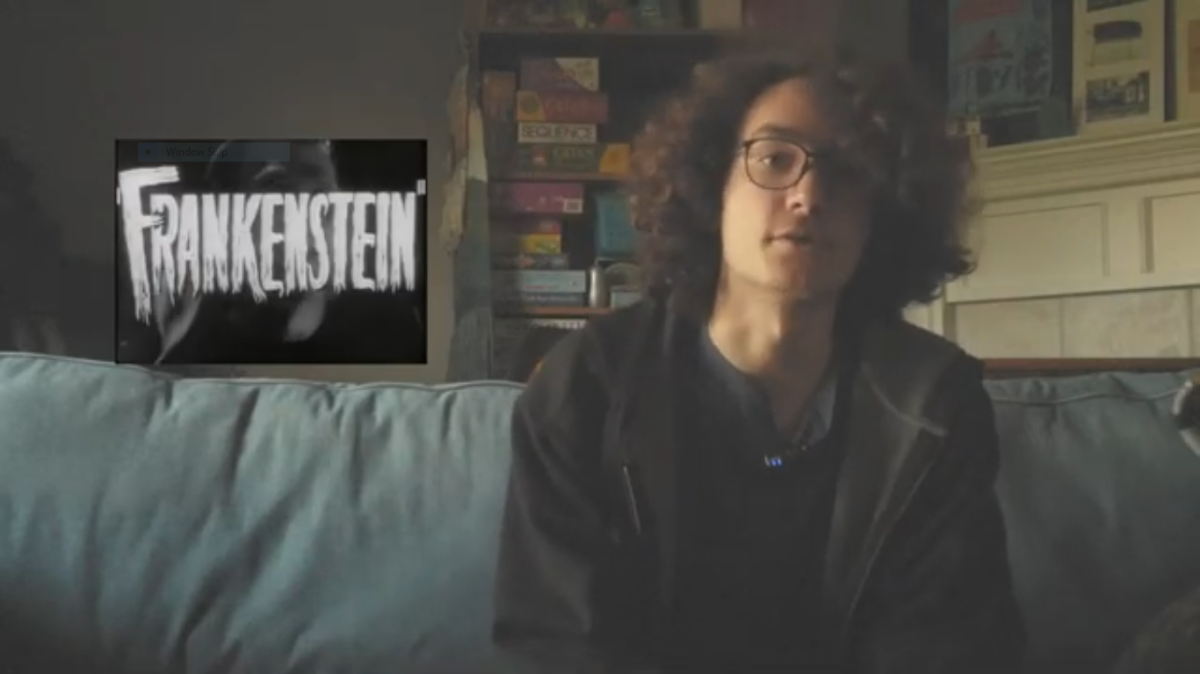
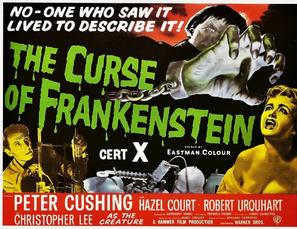
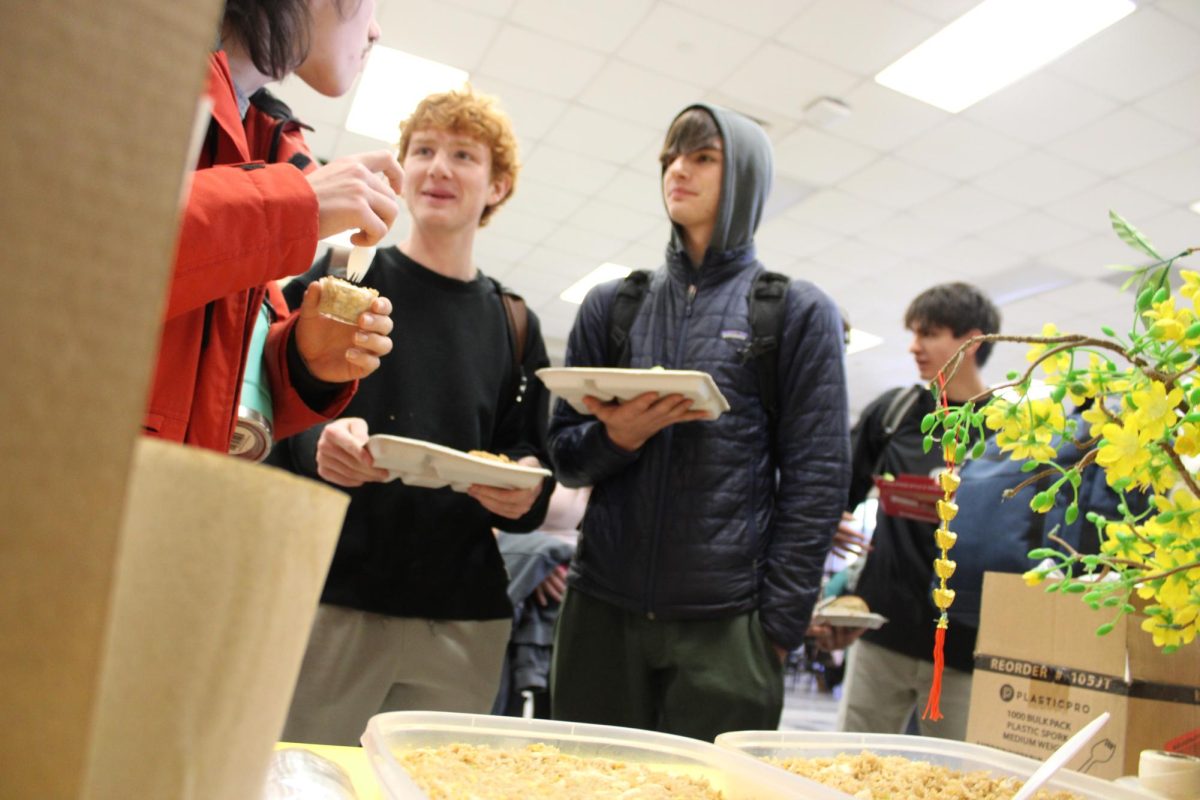
Kyra Skaggs • Jan 19, 2024 at 11:01 am
Great story!